


People with the hereditary disease familial adenomatous polyposis (FAP) have a greatly increased risk of developing a malignant tumor of the duodenum. Researchers have now discovered...



In recent years, cell therapies have developed alongside chemotherapy and immunotherapy to become a new pillar in the treatment of patients with blood and lymph gland...

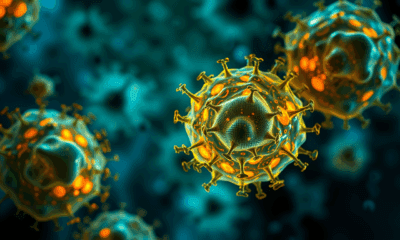

A study uncovers intricate details about protein function at the molecular level. The discovery could transform disease diagnostics and treatment.
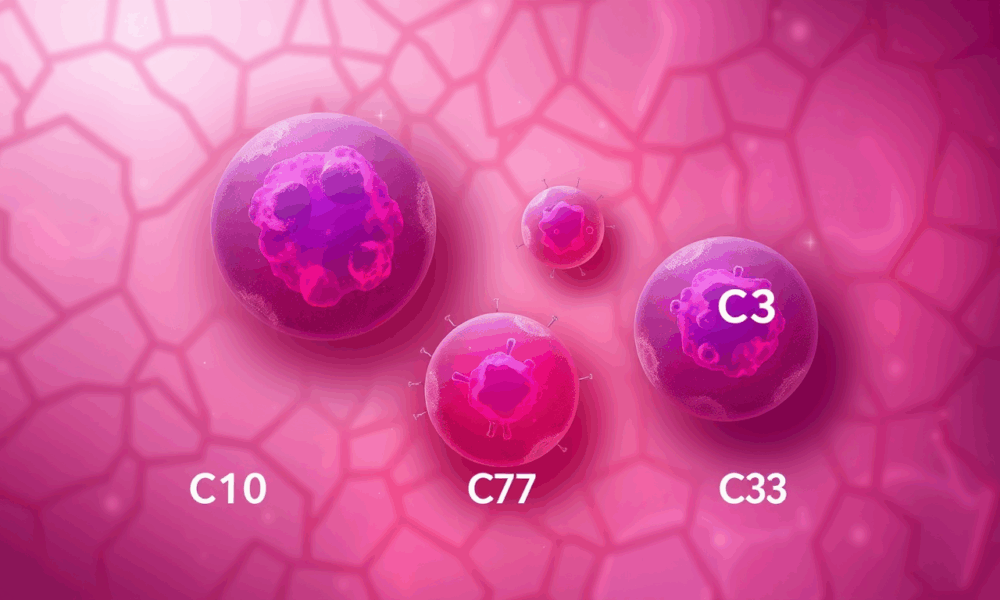
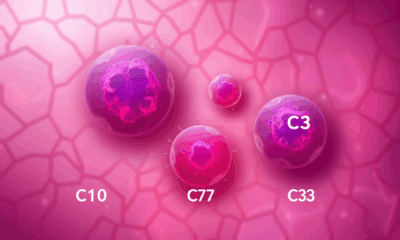

Researchers have identified three subtypes of senescent skin cells with distinct shapes, biomarkers, and functions -- an advance that could equip scientists with the ability to...
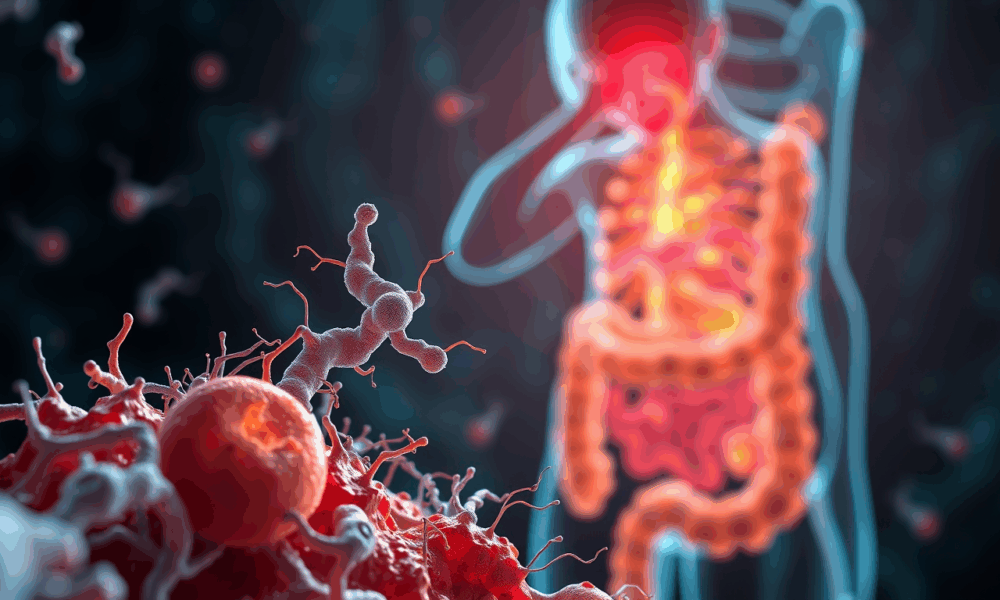
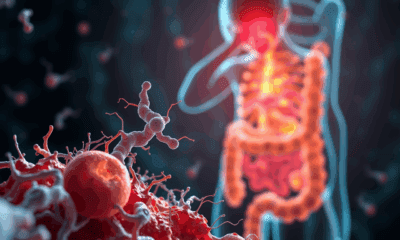

An international team has identified a potential microbial culprit behind the alarming rise in early-onset colorectal cancer: a bacterial toxin called colibactin. Scientists report that exposure...



Researchers have uncovered a critical, previously underappreciated role for B cells in vaccine protection. Best known for producing antibodies, B cells also guide other immune cells,...
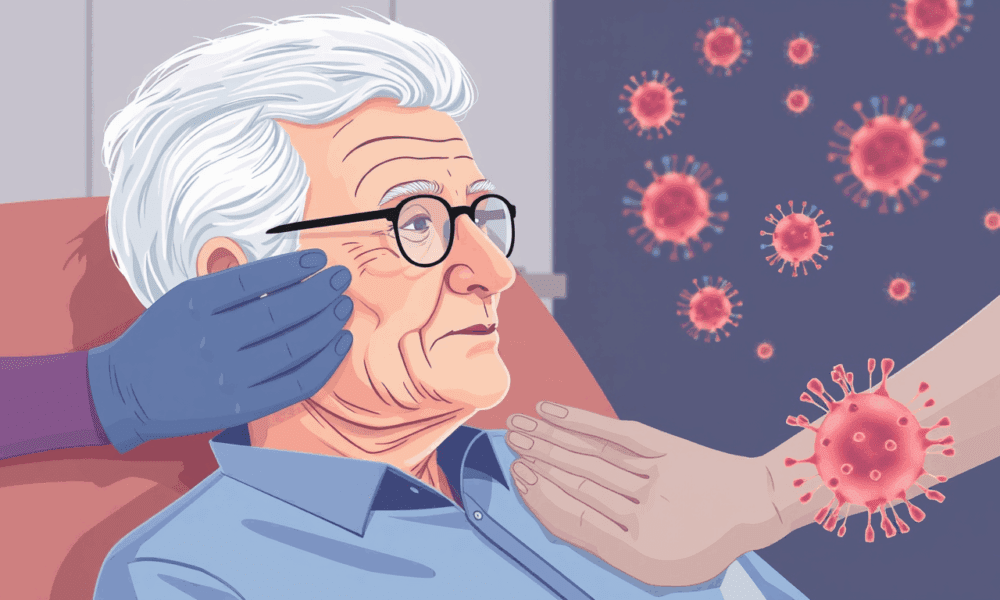
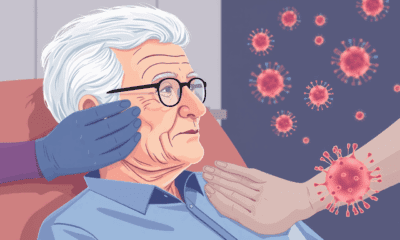

Older adults with cancer respond just as well as younger patients to immune checkpoint inhibitors despite age-related immune system differences, according to a new study.



A new study suggests that early-life exposure to two widespread environmental pollutants -- small particle air pollution and outdoor artificial light at night -- could increase...

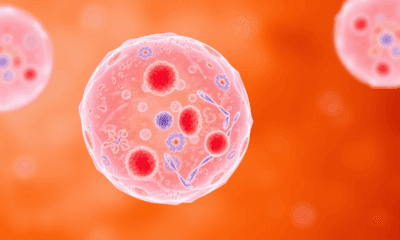

Researchers have made significant advancements in understanding the earliest stages of stomach cancer, a leading cause of cancer-related deaths worldwide, through two recent innovative studies. With...



Scientists have implicated the FOXR2 gene in previously unassociated brain tumor types, with implications for diagnosis, prognosis and treatment.